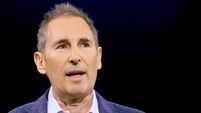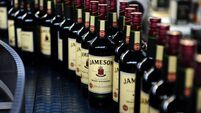The smashing of the trade compass in 2016

We lost David Bowie and Leonard Cohen, we gained Brexit and Donald Trump.
Last January I commented that 2015 was the best year ever for Ireland’s exporters, growing five times faster than the European average and knocking at the quarter of a trillion euro mark in export value.














